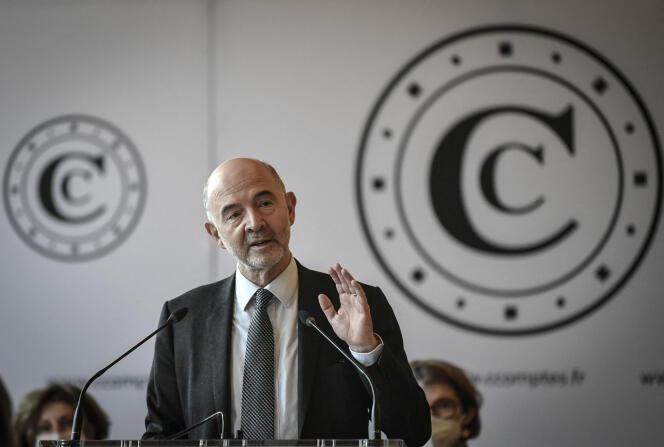In 2020, the health crisis linked to the Covid-19 pandemic and its consequences were a shock for France. The country of Colbert and Pasteur discovers, dismayed, its immense industrial dependence on foreign imports, particularly Asian and particularly Chinese, and its vulnerability to the forced shutdown of global “value chains” and supplies of so-called “essential” goods. In September of this dark year, the government decided to launch a call for projects on “sectoral relocations”, aimed at supporting investment projects of companies established in France. Five sectors are identified as strategic: agri-food, health, electronics, essential inputs for industry and 5G.
Designed as part of the post-crisis recovery plan, this system entrusted to the general management of businesses, the Ministry of the Economy and its operator Bpifrance aimed both to provide rapid financing for industrial projects in the development phase, but also to participate in the long-term restoration of part of France’s industrial sovereignty, in particular by reducing some of its strategic dependencies.
Three years later, while the government is praising its reindustrialization policy, the Court of Auditors has decided to draw an initial assessment of the operation. Made public on Wednesday November 22, this assessment is far from positive. To date, 531 investment projects have been selected following the call − “mainly SMEs” − and benefit from a public subsidy for a total cost of 838 million euros. With management fees paid by the State to Bpifrance for a total amount of 14 million euros, including “a particularly high instruction cost, of the order of 7,400 euros per project”underline the magistrates.
“Notable design flaws”
For the report of the Court of Auditors, the system, “designed with urgency”has “lack of consistency” And “suffered from notable design flaws”. Due to numerous delays, partly linked to the energy crisis since the start of the war in Ukraine, only thirty-three of the 531 projects selected are “completely completed three years after launch” of the call, and “it is therefore not possible to measure, in 2023, the effects of the system on the French economy, or even on the financial situation of the beneficiaries”.
The magistrates especially regret that the government was not more precise upstream in the objectives targeted by its plan. ” The device (…) was designed in a hasty manner and could not result in the setting of clear and measurable objectives”they write, presenting “high risks of spreading public resources, or even windfall effects”. Especially since downstream “no convincing result indicator could be put in place”. Poorly targeted at the start, poorly measurable upon arrival, in short.
You have 20% of this article left to read. The rest is reserved for subscribers.
